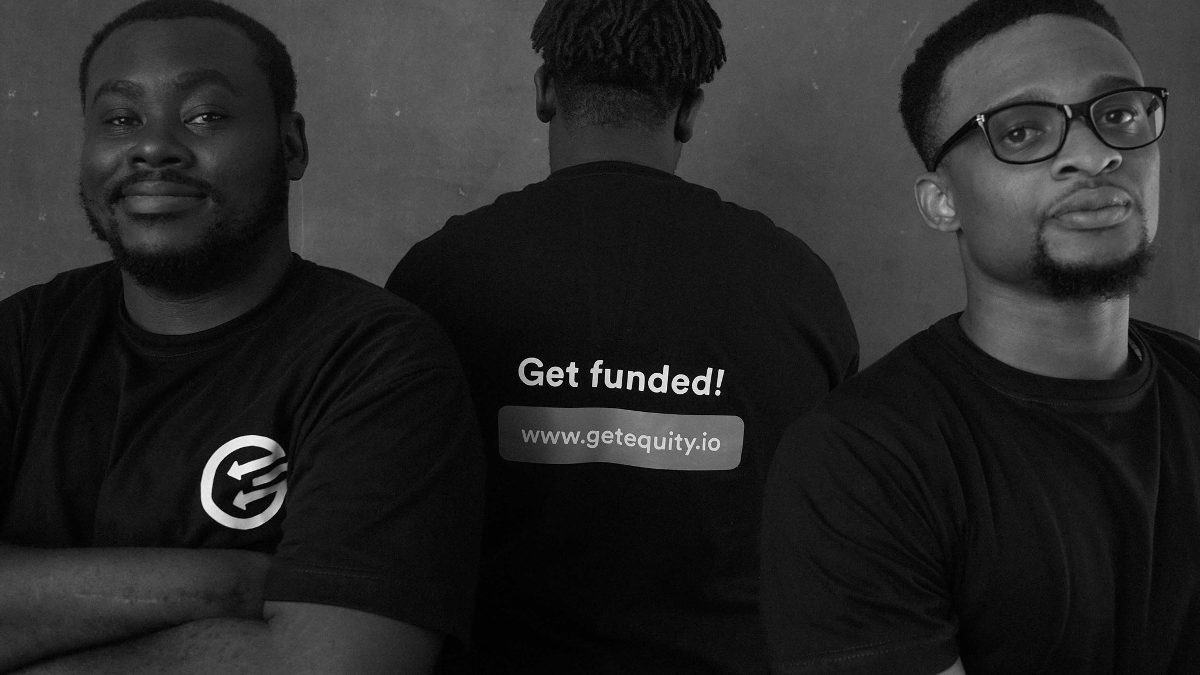In the past year, a number of fledgling but promising African startups, including OurPass, Chekkit, OnePort365, and Shecluded, have collected investment capital in one way or the other from Isaac Ewaleifoh.
A self-described active angel investor with a swelling portfolio that is, for now, only documented in a private Excel sheet he keeps, Ewaleifoh is quite passionate about backing Black-owned businesses early and the U.S.-based Nigerian is often networking.
Recently, Ewaleifoh met one of his portfolio founders, Adewale Yusuf (formerly the CEO of the Nigerian tech publication, Techpoint Africa), in New York, during the “Africa tech happy hour” the latter had put together on Saturday, May 14, as part of a work tour that also included meetups in Silicon Valley days prior.
Yusuf did speak in one of the many conversations that happened on that Saturday about how his new tech talent-sourcing startup, TalentQL, had completed two hassle-free raises, with the second one wrapped up in less than 24 hours. Quite unlikely for an African startup at that stage.
Ewaleifoh had participated in both TalentQL raises. But the pair may have been schmoozed into a sketchy union by an entity that tends to obfuscate.
